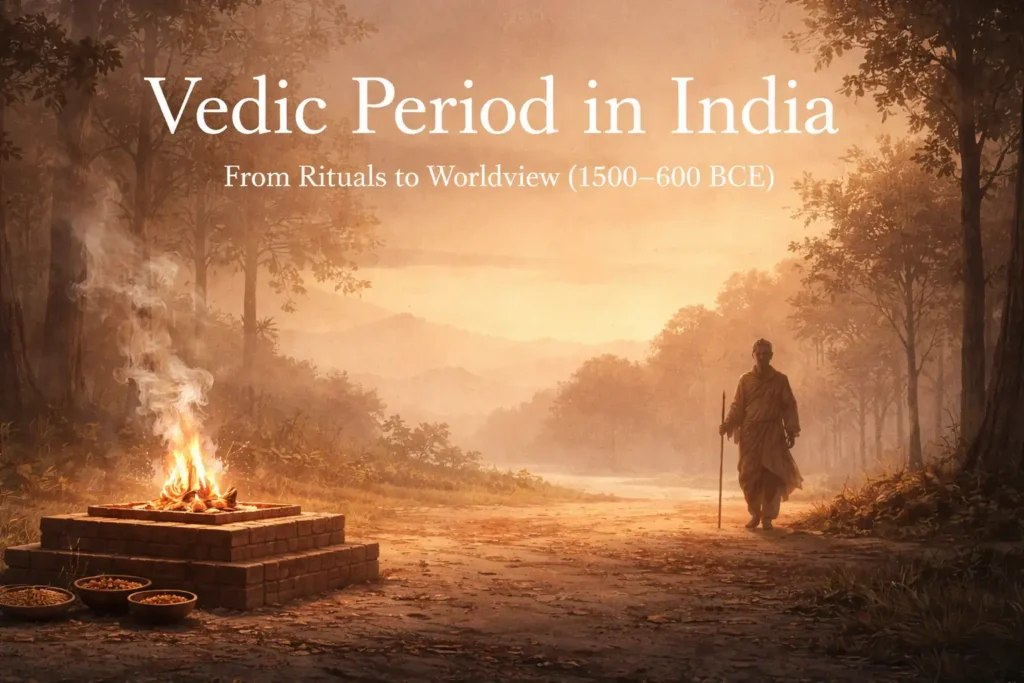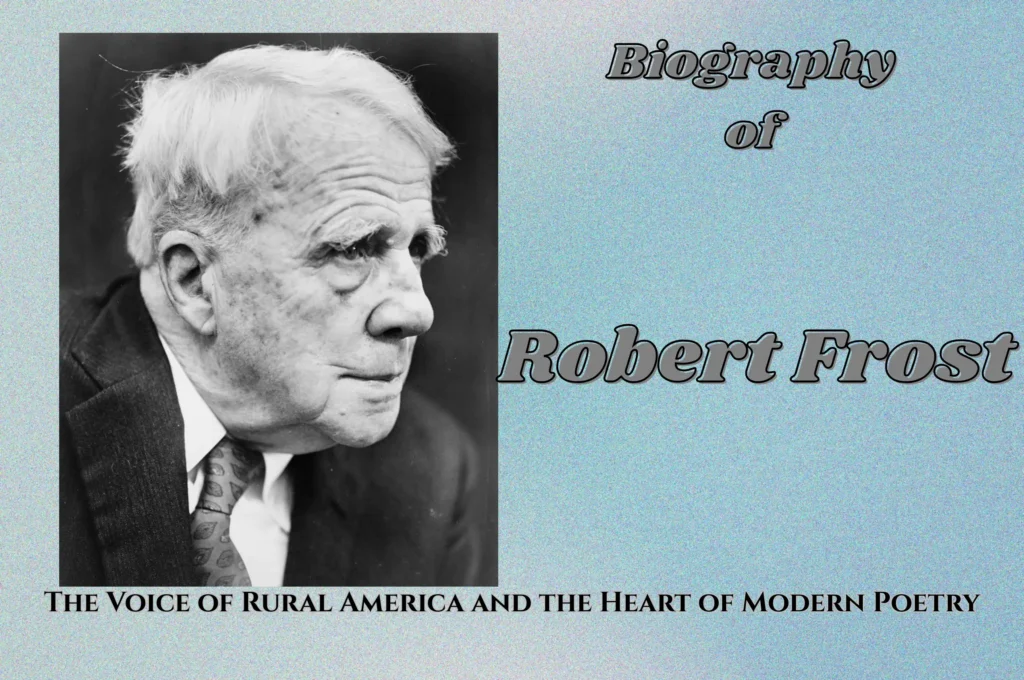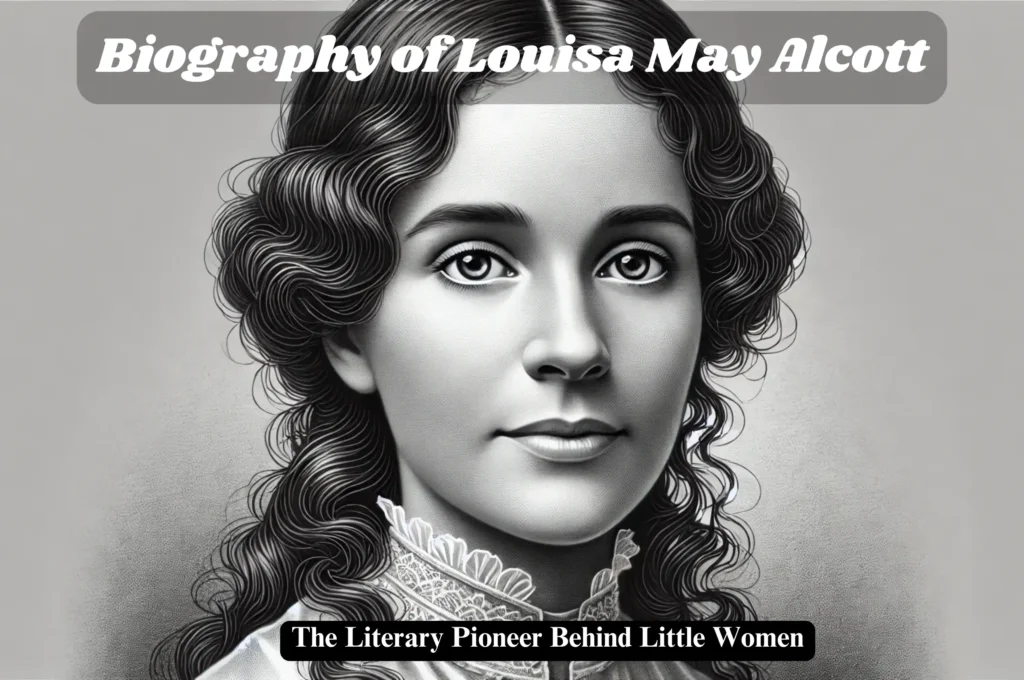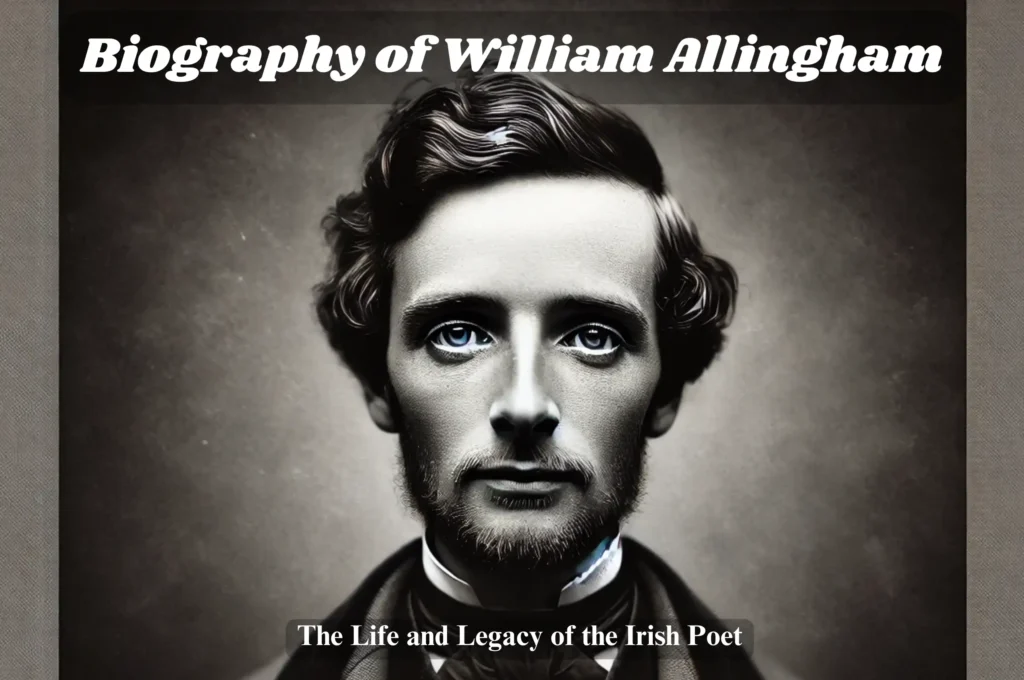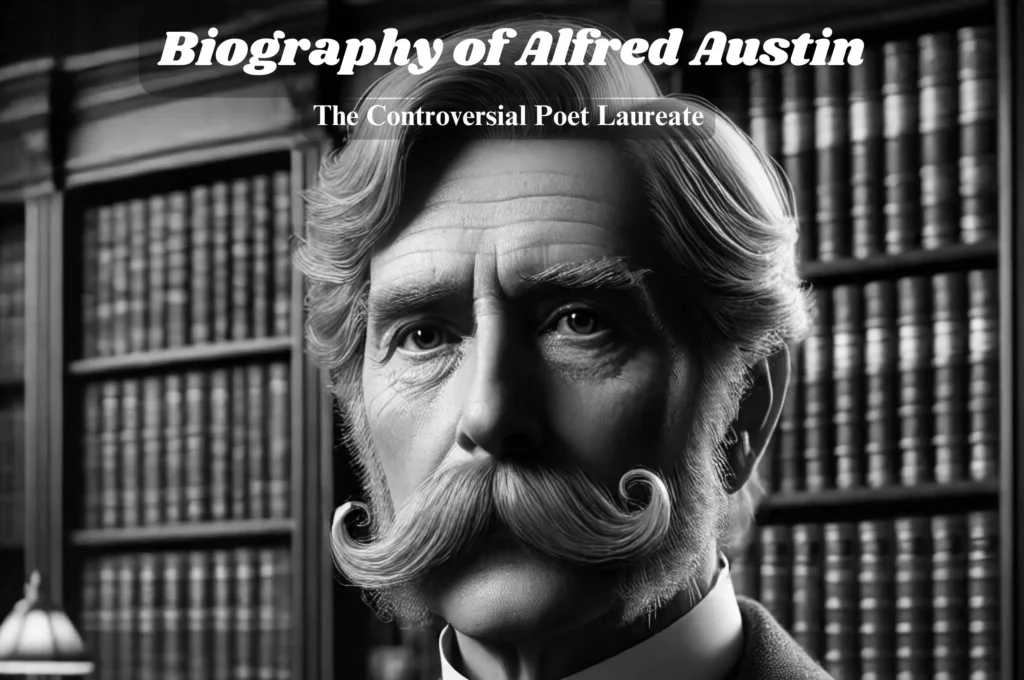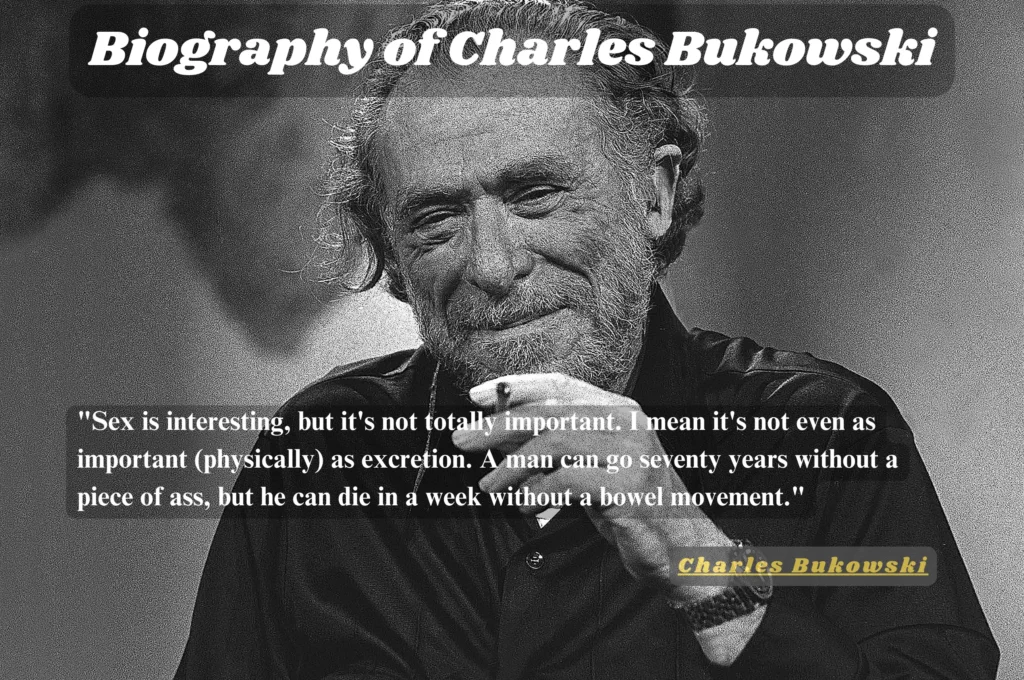Edgar Allan Poe, often referred to as Allan Edgar, is renowned for his contributions to literature, particularly in poetry. His works, commonly known as Poe poetry, include some of the most haunting and memorable verses in literary history. Many readers seek out Edgar Allan Poe poems, also referred to as Allan Poe poems, to experience his unique blend of mystery and melancholy. Those interested in exploring the depth of his literary genius often look for poems written by Edgar Allan Poe or even the Complete Works of Edgar Allan Poe, which showcase his mastery of storytelling and verse.
Back to: Poets and Poetry Page
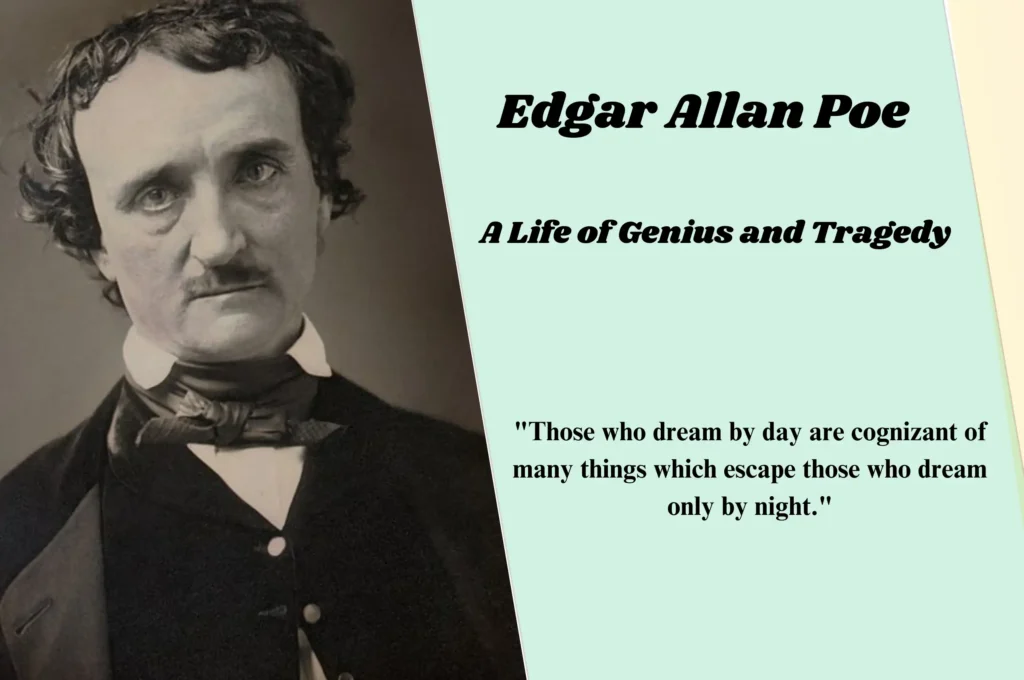
Table of Contents
Biography of Edgar Allan Poe
Edgar Allan Poe was born in Boston on January 19, 1809. His life was marked by both brilliance and turbulence, and he passed away at the age of 40 in Baltimore on October 7, 1849.
His father came from a distinguished military background, but instead of pursuing law as he was trained to do, he followed his heart and married Elizabeth Arnold, a talented English actress. The couple lived as traveling performers, but tragedy struck when they both passed away within a short period, leaving their three children orphaned.
Edgar, the second child, was taken in by John Allan, a wealthy merchant from Richmond, Virginia. Since Allan had no children of his own, he grew fond of Edgar and spared no expense in providing him with a quality education. At just seven years old, Edgar was sent to a boarding school in Stoke Newington, near London, where he studied for six years. Upon returning to Richmond, he continued his education under private tutors before enrolling at the University of Virginia in 1826. However, he left within a year due to financial struggles and personal issues.
After an unproductive period at home, Poe secured a spot at the United States Military Academy at West Point. However, his tendency to drink excessively and neglect his studies led to his court-martial and subsequent dismissal. This marked the end of his formal education.
In 1829, Poe published a collection of poems titled Al Aaraaf, and Minor Poems, though he later admitted that he was not particularly proud of the work. Following his expulsion from West Point, he returned to Richmond, where John Allan initially welcomed him back. However, Poe’s erratic behavior caused a rift between them, and he was eventually disowned. When Allan passed away, he left Poe out of his will entirely.
Now fully on his own, Poe turned to writing as a career. However, it proved difficult to make a living from literature alone. At one point, he enlisted in the army, but his previous enrollment at West Point was discovered, and he was discharged. His breakthrough came in 1833 when he won two literary prizes—one for a short story and another for a poem. This recognition caught the attention of John P. Kennedy, who offered him financial support and helped him secure a job as an editor at the Southern Literary Messenger in Richmond. Though he showed great promise as an editor, his personal struggles resurfaced, leading to conflicts with his employers and his eventual dismissal.
During his time in Richmond, he married his cousin, Virginia Clemm, and in 1837, they moved to New York. Poe made a modest living writing for various periodicals but continued to struggle financially.
Over the years, he worked as an editor for several publications, including Burton’s Gentleman’s Magazine, Graham’s Magazine, and later, The Broadway Journal. His literary output included The Narrative of Arthur Gordon Pym (1838), Tales of the Grotesque and Arabesque (1840), and his most famous poem, The Raven (1845), which brought him widespread acclaim. Despite this success, his financial situation remained dire.
In 1848, tragedy struck when his wife Virginia passed away. Overcome with grief and struggling with poverty, Poe’s health and mental state deteriorated. In a final attempt to rebuild his life, he traveled to Richmond in 1849 and became engaged to a wealthy woman. However, on his way to New York to prepare for the wedding, he stopped in Baltimore, where he encountered old acquaintances and spent the night drinking. He was later found in a delirious state and died shortly after.
Poe’s literary legacy is immense. His most famous short stories include The Gold Bug, The Fall of the House of Usher, The Murders in the Rue Morgue, The Purloined Letter, and A Descent into the Maelstrom. His poetry, particularly The Raven and The Bells, remains iconic. In recognition of his contributions to literature, a monument was placed over his grave in Baltimore in 1875.
Although critics have often highlighted Poe’s troubled personal life, some scholars argue that he was unfairly maligned. His fiery personality and struggles may have led to conflicts with others, but his artistic genius is undeniable. Like Byron and Burns, his personal demons may have plagued him, but his literary brilliance continues to captivate readers. His hauntingly beautiful words and vivid imagination have secured his place as one of the most influential writers in American literature.
Poems by Edgar Allan Poe
- A Dream Within A Dream – The poem explores the illusionary nature of reality, questioning whether life itself is just a fleeting dream. It conveys a sense of loss and the inability to hold onto time, hope, or meaning.
- The Raven – One of the most famous and haunting poems in American literature by Edgar Allan Poe.
- Romance – Deeply reflective poem that highlights the inevitable loss of youthful innocence and the burden of adulthood.
- Song – Short but deeply emotional poem that captures the sorrow of unrequited love.
- Alone – It provides insight into Poe’s feelings of isolation and alienation from childhood.
- Annabel Lee – Annabel Lee Poem by Edgar Allan Poe captures an intense and tragic romance, where love transcends even death.
- Eldorado – The poem explores themes of ambition, perseverance, and the inevitable realization of mortality.
- The Bells – Lyrical masterpiece that explores the passage of life through the symbolism of different types of bells.
- Lenore – Deeply emotional piece that explores themes of love, loss, and the afterlife.
- The City In The Sea – A hauntingly atmospheric poem that explores themes of death, isolation, and the supernatural.
- To Helen 1 – In To Helen, Edgar Allan Poe expresses his admiration for Helen, portraying her as a symbol of beauty, grace, and inspiration.
- To Helen 2 – This poem, often considered an extension of To Helen, captures a moment of intense admiration and longing as the speaker recalls a fleeting encounter with a mysterious woman.
- An Enigma – The poem appears to be a satirical critique of contemporary poetry, particularly mocking poets whose works lack depth and substance.
- For Annie – For Annie by Edgar Allan Poe is a haunting yet serene meditation on death, suffering, and love.
- Sonnet – To Science – A powerful critique of the impact of scientific progress on imagination, creativity, and poetic expression.
- To My Mother – To My Mother by Edgar Allan Poe is a heartfelt tribute, not to his biological mother, but to his mother-in-law, Maria Clemm.
- Bridal Ballad
- A Dream
- Dreams
- Spirits Of The Dead
- A Valentine
- Dreamland
- Evening Star
- The Haunted Palace
- The Sleeper
- To One In Paradise
- Fairy-Land
- The Happiest Day, The Happiest Hour
- To One Departed
- The Valley Of Unrest
- Sonnet- Silence
- In Youth I have Known One
- Imitation
- Elizabeth
- The Lake
- The Conqueror Worm
- Al Aaraaf
- Serenade
- In the Greenest of our Valleys
- Tamerlane
- Hymn
- Stanzas
- The Forest Reverie
- Israfel
- The Coliseum
- Sancta Maria
- Eulalie
- Sonnet- To Zante
- To M.L.S.
- Hymn to Aristogeiton and Harmodius
Famous Quotes by Edgar Allan Poe [LINK]
“I never can hear a crowd of people singing and gesticulating, all together, at an Italian opera, without fancying myself at Athens, listening to that particular tragedy, by Sophocles, in which he introduces a full chorus of turkeys, who set about bewailing the death of Meleager.”
“In one case out of a hundred a point is excessively discussed because it is obscure; in the ninety-nine remaining it is obscure because it is excessively discussed.”
Edgar Allan Poe Quotes Explained
Explore our Literature YouTube Channels:
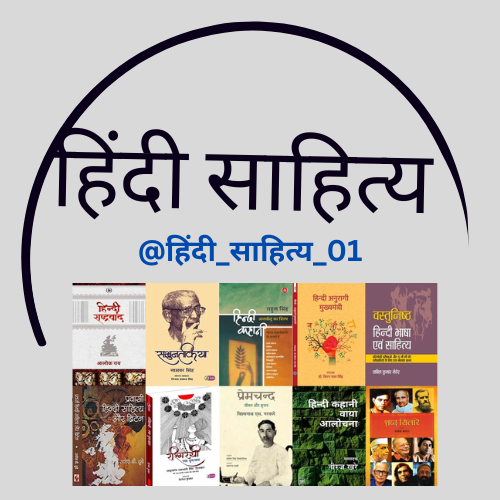
YouTube Channel Link:

YouTube Channel Link:

YouTube Channel Link:

YouTube Channel Link

